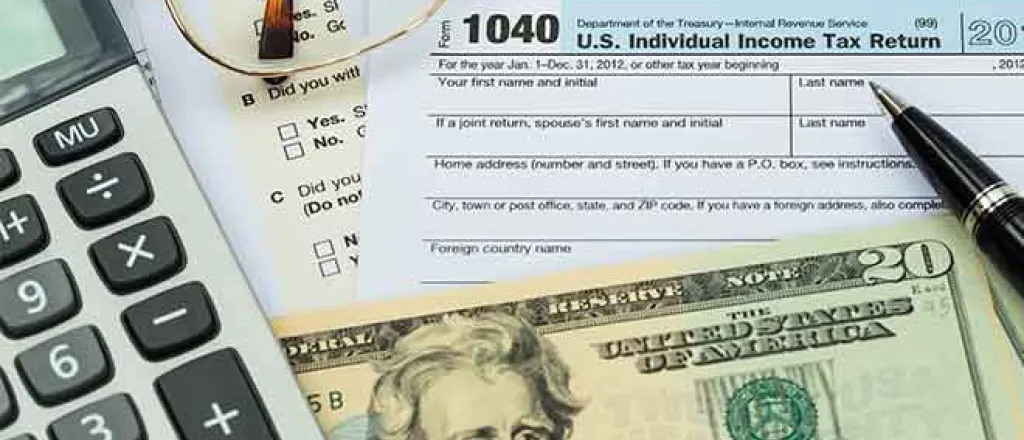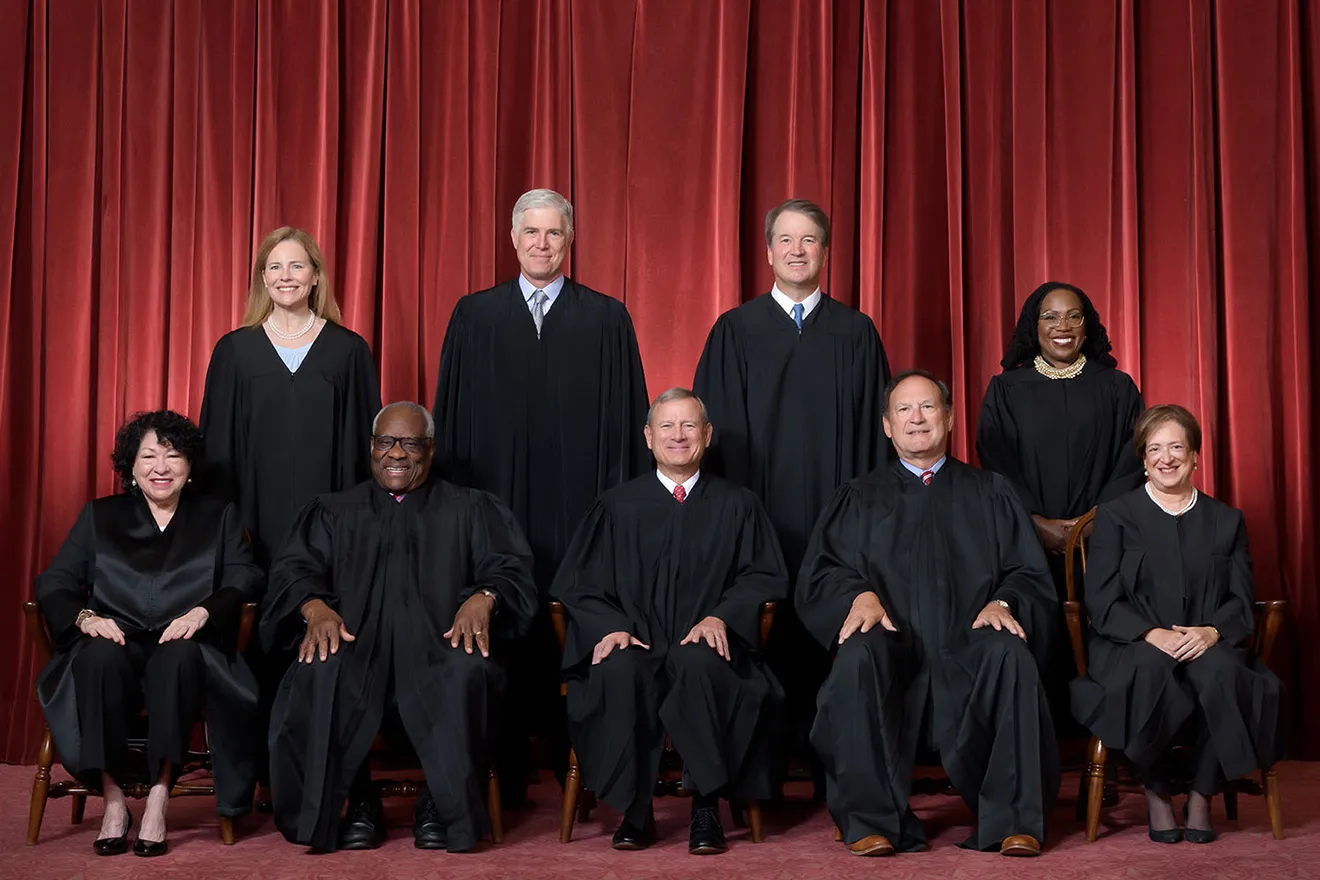
Report: Coloradans could see almost $3,800 tax hike if law expires
Colorado taxpayers would see a significant tax increase if the federal Tax Cuts and Job Act expires at the end of the year, a new report says.
The report, released Thursday by the National Taxpayers Union Foundation, says Coloradans would see a nearly $3,800 tax increase on average per filer if the law expires. Congress has until the end of the year to reup the tax cuts, which were signed into law during President Donald Trump’s first administration in 2017.
NTUF said 80 percent of the country’s taxpayers stand to see a tax increase if the act expires. That would amount to a 0.5 percent wage reduction and 1.1 percent economic activity reduction over the next decade.

© iStock - Ligorko
“The most obvious impact is higher tax bills for families, but there are further automatic tax base changes, elimination of pro-growth business investment policies and huge compliance headaches if the 2017 tax cuts expire,” said NTUF Executive Vice President Joseph Bishop-Henchman, the report’s lead author. “State lawmakers have control over their own state tax codes and should consider shielding their constituents from some of the fallout.”
Colorado would be among the states that would see the largest average tax increase per taxpayer at $3,795 per filer.
The other highest per filer averages would be seen in Massachusetts ($4,848), Washington ($4,567), Wyoming ($4,493), the District of Columbia ($4,160) and California ($3,769), according to the report.
“These states are especially vulnerable because their tax codes are tied directly to federal law, so expiration would ultimately shrink their revenue,” Bishop-Henchman said. “Their taxpayers would face hefty new tax bills, while dealing with heavy compliance burdens just to stay on the right side of the law.”
Mattias Gugel, NTU’s director of state external affairs, said the expired tax cuts would be detrimental to Colorado tourism, with less money for consumers to spend.
“Tourists from across the country will be in the same boat,” he said. “That kind of hit to household budgets means fewer family vacations, fewer long weekends in the Rockies and less spending at Colorado’s restaurants, hotels and resorts.”
“A tax increase of this size doesn’t just affect wallets. It hits the heartbeat of Colorado’s tourism economy,” Gugel said.

















